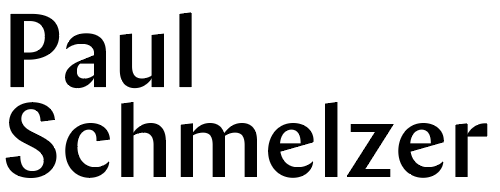I'll be speaking at the College Art Association (CAA) conference in Los Angeles on February 23 as part of a panel on publishing and socially engaged art history.
Dread Scott, I Am Not a Man, 2009
Roundtable: Digital Publishing, Dissent, and Socially Engaged Art History
Friday, February 23, 2018, 4:00–5:30 PM
501C, Los Angeles Convention Center
Description:
Two currents of contemporary culture seem to be emerging simultaneously: digital publishing and an increasing understanding that the scholarly work of art history can and ought to be socially engaged. Digital publishing has been a democratizing force in the exchange of information and ideas, radically transforming authorship and readership in the twenty-first century. As information is circulated and seen by more and ever-changing populations, the call for socially engaged art and art history has never been greater. Scholars and artists have seized this opportunity in myriad ways, often subverting the traditional, hierarchical structures that have driven academe and the art market for the past two centuries. This panel brings together scholars, artists, and editors who actively pursue digital publishing as a means of scholarly, artistic, or pedagogical dissent: Gelare Khoshgozaran, an independent artist who disseminates socially critical performance and video art via digital means; Paul Schmelzer of the Walker Art Center, an institution that uses their online presence to engage new audiences and re-envision the museum-going experience; pedagogical innovators Virginia B. Spivey and Michelle Millar Fisher of Art History Pedagogy and Practice and Art History Teaching Resources, who have made didactic materials and criticism available online; and Allison McCann and Nicole F. Scalissi, former editors-in-chief of Contemporaneity, a digital journal with a commitment to dissent and a critical reassessment of the field, using a digital platform to expand the critical voice of scholars and artists.
My presentation:
Art History in Real Time
History will look back on this time—the era of Trump, of “alternative facts” and “fake news”; Muslim bans and transgender bathroom bills; “antifa,” and “alt-right,” populism on the left and the right, and contested borders of all kinds. And so will art history. This kind of cultural chaos is prompting many institutions and artists to reconsider their work and their relationships with their publics. In this talk, I aim to look at how institutions are using digital publishing to chronicle artistic response to these issues. The Walker’s Artist Op-Eds series, in which artists like Natascha Sadr Haghighian, Dread Scott, and Postcommodity respond through writing to urgent issues in the news (including the EU refugee crisis, the police killing of Michael Brown, and the year 2043, when whites are projected to become a minority in the US), is but one example of a museum creating a platform for artists to weigh in on not just aesthetic issues but the interface of their work and personal lives with issues in the headlines, around the world, and in their communities. How are other cultural institutions using digital technology to facilitate, document, and amplify artistic responses to seismic shifts in western culture? How can such projects shape or inform dialogue today, and how will they be instructive to artists, art historians, and the public in decades to come?


